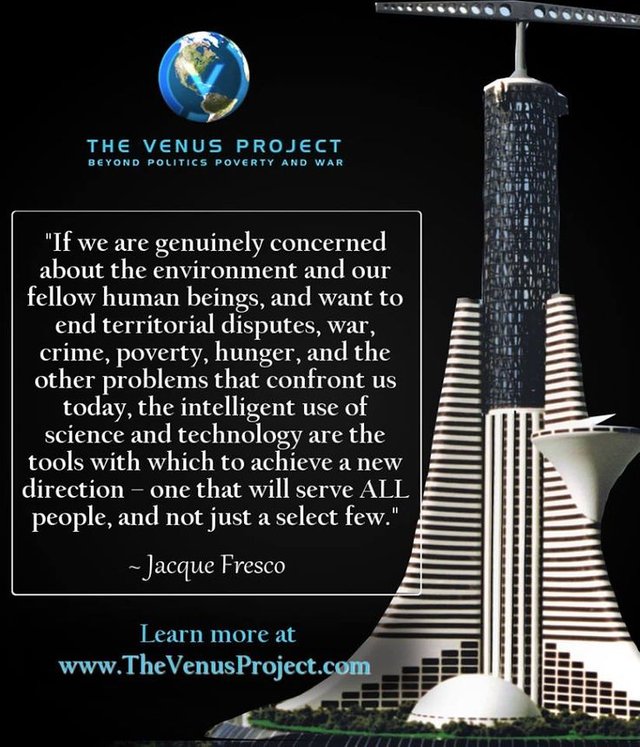No Government By Creating Our Own Land, This Is A Realistic Option.
Today I discovered the following article about "Seasteaders" and I think the idea is really interesting! To me it looks like a mix of Ubuntu, TVP and anarchist and I think that this idea is very possible to create! Especially now where we can see all possibilities with blockchain.
I ask all of you what you think of the Seasteaders and what you think of the idea of creating this with an ICO?

“Seasteaders” are a group of people who want to create libertarian-paradise countries on floating platforms in the ocean, free from the laws and regulations of traditional countries that they feel are holding back business and progress. It’s unlikely that these techno-paradise islands will be built anytime soon. But now a group of young Canadian tech entrepreneurs is hoping to build a network of their own land-based private microstates throughout Europe.
In their city-states, no one would pay income or sales tax. Instead, each resident would contribute a certain number of hours each week to volunteer for the communnity. "
In the ubuntu community they have this principle as well, there they contribute 3 hours a week.
"Like all utopian dreamers, they want to start from scratch. “It’s actually very hard to fix problems with government,” says Montreal-based Guillaume Dumas, one of the people behind Sui Generis. “We’ve had democracies for over 150 years in some countries, and we’re still struggling with making things work the way we want. That’s where a concept like competitive governance comes in—what if you could build a new place with totally different rules, in hopes of attracting new citizens, new companies, people looking for a certain culture.”
The reason probably is that our democracy (in the western world) is build on the vision of revolutionarry people more than 200 years ago, no wonder that there are more and more voices popping up to change the system how it works now a days.
'In their city-states, no one would pay income or sales tax. Instead, each resident would contribute a certain number of hours each week to volunteer for the community—from elder care to helping build 3-D-printed houses for the city—and in exchange, everyone would be given a basic income large enough to cover rent and other living expenses.'
“There are lots of cool people who don’t have money. We want those people to be part of our new society.”
The private state would make money by serving as a startup incubator, hosting promising entrepreneurs in exchange for equity. And because regulations and banking would be optimized for business, they hope to attract corporations looking for a tax haven as well.
Unlike “seasteading,” however, it’s not targeted at rich people. “Buying or renting real estate on a floating station is a bit like buying real estate in Manhattan—it’s out of reach for most people,” says Dumas. “So our project was a bit like working out this problem—how do you get people? There are lots of cool people who don’t have money. We want those people to be part of our new society.”
'The project wants to build in Europe because it’s politically stable and near financial centers and talented people who might be tempted to move. “Many countries are struggling financially,” he says. “I don’t want to take advantage of that, but that’s the reality. Southern European countries have still not recovered from the last economic crisis.”
And the first 2 banks collapsed already one month ago in Italy so the next crisis is will probably hit soon.
“I want to build a real society that can take refugees and kids from everywhere, independent of their income.”
Dumas points to Songdo, South Korea—a city built from the ground up to be a free economic zone and an international business district—as an example that something similar can work. (Then, of course, there is the very similar Masdar City in Abu Dhabi, which decidedly did not work.)
"The first step, he says, is trying to convince a European country to offer land for the first city. “This project is pretty opportunity-dependent,” he says. “If a country would offer a piece of land, then that’s another story. I’m pretty confident we can raise money if there’s land to build a city.”
Organizing an ICO might solve already a few obstacles. What Are your thougts on this project?
"And then again, perhaps not. “I’ve talked to a few venture capitalists,” Dumas says. “They like the idea but also think it’s crazy.”
This is good content; it's never too early to start thinking about the future, especially now since the world can change drastically in just 5 or 10 years. I will follow, feel free to do the same.